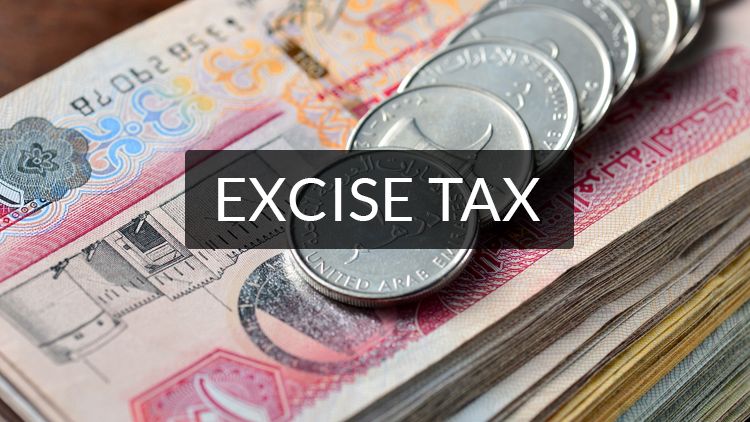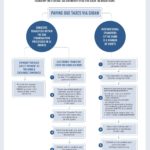Excise Tax Returns in UAE

Once you have registered for Excise Tax in UAE, you are required to file your Excise Tax returns in UAE by the 15th day following the end of each tax period. Xact Auditing is providing timely and best excise tax return services in UAE. We are also offering excise tax registration services.
When do businesses need to file excise returns?
The tax period for each excise tax return is one calendar month. Businesses should file their excise tax returns in UAE through the online FTA portal within fifteen days of the tax period.
How to file excise tax returns in UAE?
An excise tax return is a record of the excise paid during each tax period. Businesses should file returns for excise tax online using the FTA portal — manual returns are not accepted. The online return form is available in both English and Arabic.
Excise tax return submission
The details submitted in each of the declarations will be pulled through into the excise tax return and will be auto-populated at the end of the return period.
The taxable person should thoroughly check the information provided within the return and if it is correct prior to submission. He should then submit the excise tax return and complete payment for excise tax.
What happens when excise goods are imported?
When excise goods are imported into the UAE, the importer has to pay the tax on or before the date of import. The process is slightly different for non-registered importers and registered importers.
- Non-registered importers
A person who imports excise goods and is exempted from registration under the excise tax is known as a non-registered importer. To pay the excise tax, the non-registered importer will have to log on to the FTA website and complete an import declaration. This declaration will include the details of the goods which are being imported into the UAE.Using the standard price list published by the FTA, the declaration will automatically calculate the tax liability due on the import of the goods. If the price of the excise good is not available on the FTA list, the importer should self-declare the tax payable based on the retail sale price.
The importer will have to pay the excise tax due before the goods pass through Customs. At the point of import, the Customs Department will ask for the importer’s transaction ID and verify the import declaration. Once they have confirmed that all of the details in the declaration are correct, the goods will be cleared and allowed to enter the UAE.
- Registered importers
An importer who is taxable under the excise tax and has registered for it is known as a registered importer.
Registered importers will follow a similar procedure to non-registered importers, except that the tax liability will not be payable until the excise tax return is filed.After the Customs Department has verified the declaration details, the goods will be cleared and allowed to enter the UAE. The information included in the import declaration will be maintained in the FTA system and will be associated with the importer’s tax registration number (TRN). Later, when the taxable person files their returns, the tax information for the excise goods will be populated automatically.
Late excise tax return filing penalty?
It is always advised to file excise tax returns on time, even if the excise tax has already been paid. Filing excise returns late, or not filing them at all, will attract penalties from the FTA.
Deadlines for excise tax submission and payment
- Excise tax returns should be submitted within 15 days after the relevant tax period.
- Excise tax should be paid 15 days after the end of the calendar month.
- If the filing deadline falls on a weekend or a national holiday, it will be shifted to the first working day that follows the holiday or the weekend.
Excise Tax Returns Services – What we do
- Perform industry focused business reviews to ensure that companies manage their Excise Tax risk and exposure, identifying savings opportunities and reducing areas of risk.
- Provide advice on structuring business transactions, including cross border transactions, in an Excise Tax cost effective way.
- Assist in Excise Tax registration and compliance obligations.
- Assist in Excise Tax audits, disputes and dealing with the Excise Tax authorities.
- Provide Excise Tax training and legislative updates.





 Previous Post
Previous Post Next Post
Next Post